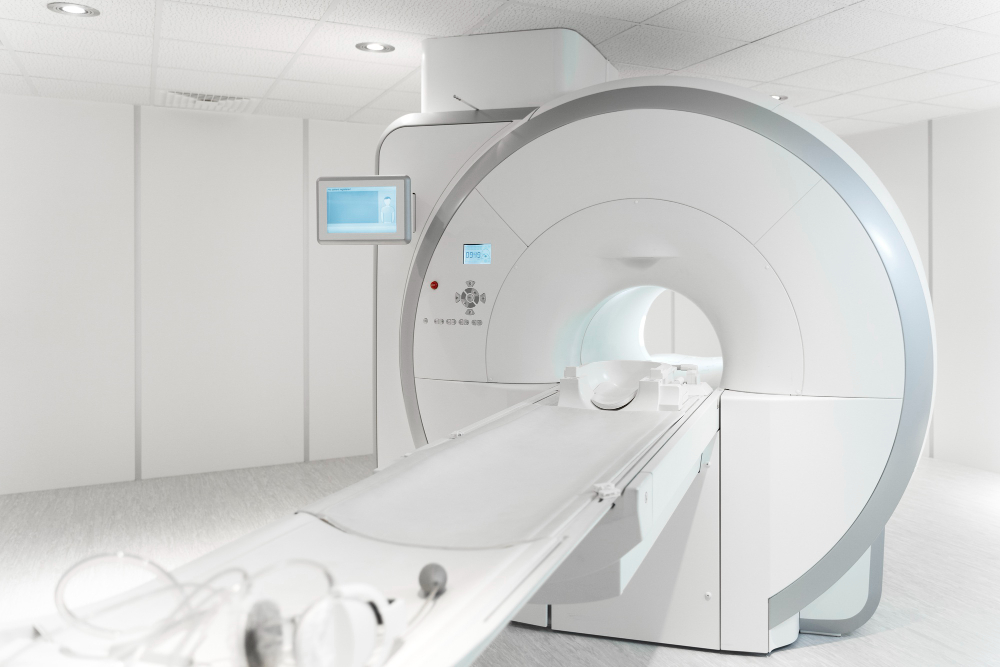Why CT Scan Whole Abdomen With Contrast Is Important
A whole abdomen CT scan helps detect conditions that are often missed on standard ultrasound or X-rays. The contrast dye makes internal organs, blood vessels, and tissues visible in detail, enabling early and accurate diagnosis of complex health issues such as:
-
Tumors, cysts, or abscesses in abdominal organs
-
Liver cirrhosis, fatty liver, or hepatic lesions
-
Kidney stones, infections, or tumor masses
-
Pancreatic inflammation or cancer
-
Intestinal obstructions or perforations
-
Vascular abnormalities and internal bleeding
This test is crucial for evaluating unexplained abdominal pain, swelling, or suspected malignancy. It also helps monitor response to ongoing treatments or postoperative changes. Early detection through a contrast CT scan can significantly improve treatment outcomes and patient recovery.
Benefits of CT Whole Abdomen With Contrast
Choosing a contrast-enhanced CT scan offers several clinical benefits:
-
Comprehensive evaluation: Captures detailed images of solid organs, soft tissues, and blood vessels.
-
High diagnostic accuracy: Detects even minor abnormalities or lesions.
-
Quick and painless procedure: Usually completed in less than 15 minutes.
-
Guides treatment planning: Helps doctors decide on surgery, biopsy, or further imaging.
-
Monitors disease progression: Useful for follow-up scans in cancer and chronic diseases.
At Diagnpein, our imaging team ensures patient safety with the latest low-dose CT technology and clinically approved contrast materials.
How the CT Scan Whole Abdomen With Contrast Is Done
The procedure is simple and safe under the supervision of trained radiologists:
-
Preparation: You may need to fast for a few hours before the scan. Inform the technician about any allergies or kidney problems.
-
Contrast administration: A contrast dye (iodine-based) is injected through a vein in your arm to highlight internal organs.
-
Scanning process: You will lie on the scanner table, which moves slowly through a large ring-shaped machine. The scanner captures multiple cross-sectional images.
-
Post-scan: You can resume daily activities immediately after the scan unless advised otherwise. Drinking plenty of water helps flush out the contrast material.
The entire test usually takes about 10–20 minutes, and the results are interpreted by experienced radiologists for an accurate report.
Parameters and Key Insights
-
Scan Area: From diaphragm to pelvic region
-
Contrast Agent: Non-ionic iodinated contrast (intravenous injection)
-
Scan Duration: 10–20 minutes
-
Radiation Dose: Low-dose optimized imaging
-
Report Time: Within 24 hours
-
Recommended For: Abdominal pain, infection, tumor screening, liver/kidney diseases, trauma cases








